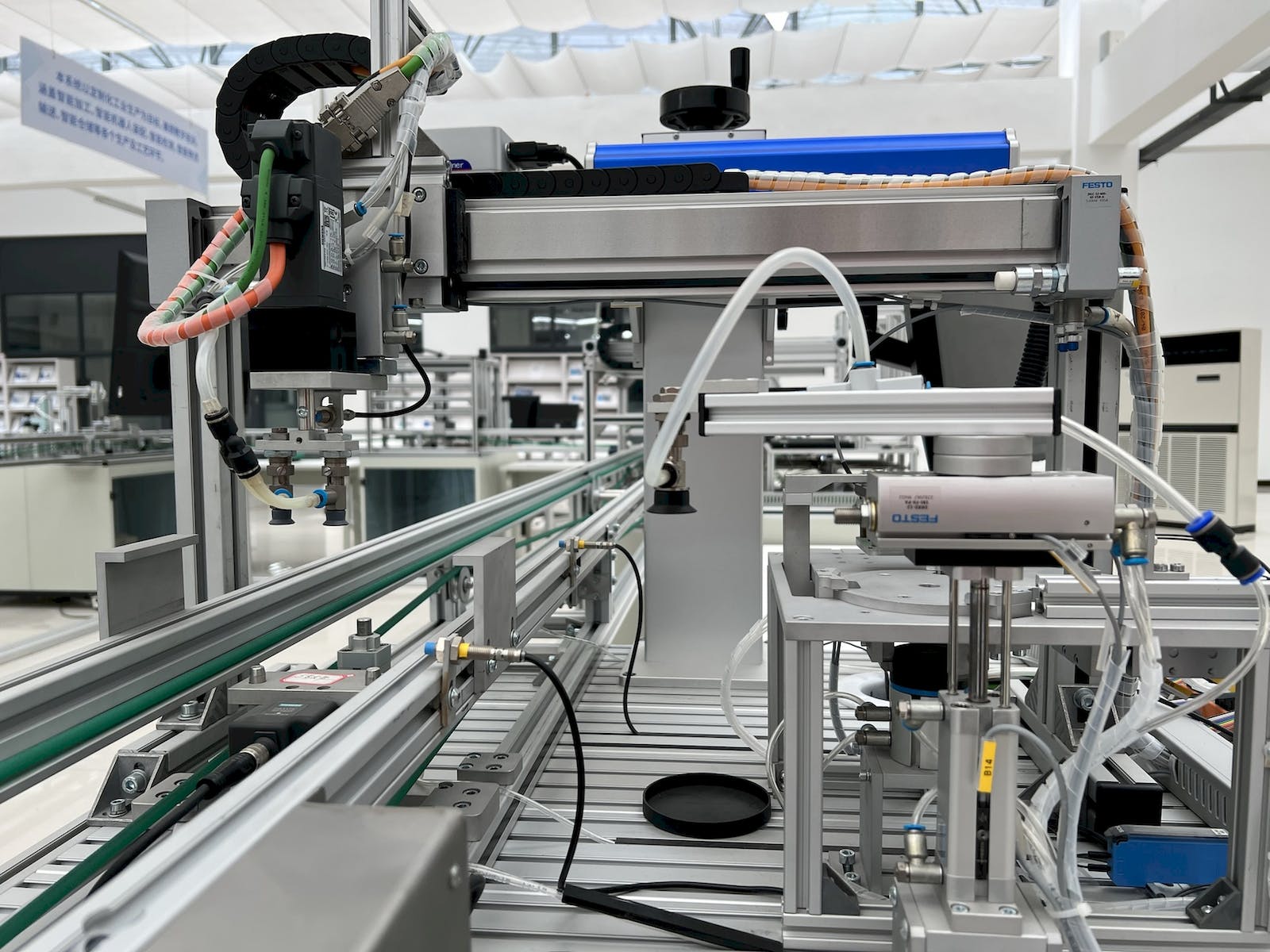The Impact of Automation on the Job Market
Exploring the Pros and Cons
Automation, driven by advances in technology, has transformed many industries and continues to do so at an unprecedented pace. This transformation has significant implications for the job market, affecting both the nature of work available and the skills required. In this article, we'll explore the advantages and disadvantages of automation and its impact on the job market.
From manufacturing to white-collar occupations, automation has the potential to streamline processes, increase efficiency, and reduce costs. However, it also raises concerns about job displacement and the need for reskilling. Let's delve into the benefits and drawbacks of automation on the job market.
Pros
Automation offers several potential benefits for the job market, leading to new opportunities and enhanced productivity. Let's explore the advantages of automation in the context of the job market.
Increased Productivity
Automation can significantly improve productivity by performing repetitive tasks with precision and speed. This allows human workers to focus on more complex and creative aspects of their jobs, ultimately boosting overall productivity and output.
New Job Opportunities
While automation may replace certain tasks, it also creates new job opportunities in fields related to maintaining and supervising automated systems. Additionally, the growth of automation-focused industries can lead to the development of new job roles and career paths.
Safer Working Environments
Automation can help create safer work environments by taking on hazardous tasks that may put human workers at risk. This can lead to a reduction in workplace accidents and injuries, improving overall occupational safety.
Improved Quality of Work
Automation can lead to improved quality of work by reducing errors and inconsistencies in tasks that are performed by machines. This can result in higher quality products and services, leading to increased customer satisfaction and loyalty.
Efficiency in Operations
Automation enables businesses to streamline their operations, leading to increased efficiency in processes such as production, distribution, and customer service. This allows companies to deliver products and services in a more timely manner, ultimately leading to higher customer satisfaction.
Missing a pro?
Let us know which pro you are missing!
Cons
While automation brings promise, it also presents challenges and potential drawbacks for the job market. Let's delve into the disadvantages and concerns associated with automation's impact on employment and the workforce.
Job Displacement
One of the primary concerns surrounding automation is the potential for job displacement as tasks and roles become automated. This can lead to unemployment and require affected workers to seek retraining or alternative employment opportunities.
Skills Mismatch
As automation reshapes job requirements, there is a risk of skills mismatch where the existing workforce may lack the expertise needed to adapt to new roles and responsibilities. This can lead to a gap between available jobs and the skills of displaced workers.
Economic Inequality
The automation of certain job functions may contribute to economic inequality, as higher-skilled workers in automation-related fields may benefit while lower-skilled workers face challenges in finding comparable employment opportunities.
Dependency on Technology
With increased automation, there is a risk of over-dependence on technology. This can result in vulnerabilities to system failures, cyber-attacks, or technical issues that may disrupt operations and require significant resources to rectify.
Job Polarization
Automation can contribute to job polarization, where low-skill and high-skill jobs are more in demand than middle-skill jobs. This can lead to challenges for individuals with moderate skill levels in finding suitable employment opportunities.
Missing a con?
Let us know which con you are missing!
Conclusion
Automation's impact on the job market is multifaceted, with both positive and negative implications. While it has the potential to drive efficiency and create new job opportunities, it also presents challenges related to job displacement and skills adaptation. Navigating this landscape requires proactive measures to address potential drawbacks and ensure a smoother transition for the workforce.
What do you think?
Do you think the pros outweigh the cons?








